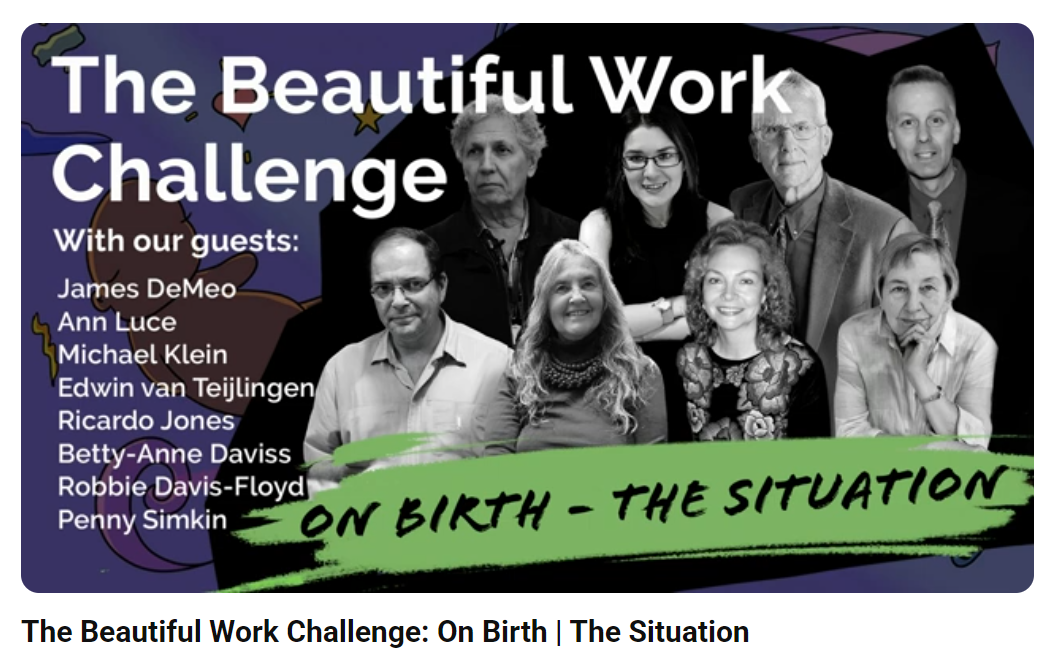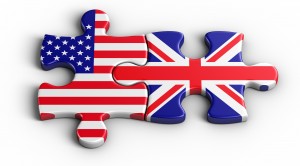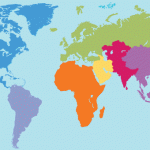42. Attempting to understand Hillary Clinton’s favourability ratings (Alistair Middlemiss)
43. A very queer Presidential election campaign: personal reflections from an LGBT perspective (Richard Scullion)
44. Love didn’t trump hate: intolerance in the campaign and beyond (Cherian George)
45. The blue-collar billionaire: explaining the Trump phenomenon (Richard M. Perloff)
46. Belonging, racism and white backlash in the 2016 US Presidential Election (Deborah Gabriel)
47. The theology of American exceptionalism (Eric McDaniel)
48. Organizing in Trump’s America: the perspective of the disability community (Filippo Trevisan)
49. Why are the German-Americans Trump’s most loyal supporters? (David Huenlich and Per Urlaub)
SECTION 5: OVERSEAS PERSPECTIVES
50. Media coverage of the US election in Arabic, Chinese, and Russian media (Randolph Kluver)
51. US Presidential campaign 2016 in a metaphorical mirror of the Russian media (Evgeniya Malenova)
52. The Greek perspective (Eleni Kioumi)
53. The richest Slovenian son-in-law: the Slovenian perspective (Uroš Pinterič)
54. Trying to avoid Trump: a Canadian experience (Alex Marland)
SECTION 6: DIGITAL CAMPAIGN
55. Did Russia just hand Donald Trump the Presidency? (Ryan C. Maness)
56. Taking Julian Assange seriously: considering WikiLeaks role in the US presidential campaign (Scott A. Eldridge II)
57. Social media did not give us Donald Trump and it is not weakening democracy (Daniel Kreiss)
58. Trump and the triumph of affective news when everyone is the media (Alfred Hermida)
59. Tweeting the election: political journalists and a new privilege of bias? (Svenja Ottovordemgentschenfelde)
60. The dissolution of news: selective exposure, filter bubbles, and the boundaries of journalism (Seth C. Lewis and Matt Carlson)
61. Fighting the red feed and the blue feed (Bente Kalsnes)
62. Two tribes go to vote: symbolism on election day (Darren G. Lilleker)
63. Ideas are for sharing (G. R. Boynton)
64. In the age of social media, voters still need journalists (Jennifer Stromer-Galley)
65. Dark magic: the memes that made Donald Trump’s victory (Ryan M. Milner and Whitney Phillips)
SECTION 7: POP CULTURE AND POPULISM
66. Donald Trump, reality TV, and the political power of parasocial relationships (John H. Parmelee)
67. New roles in the presidential campaign: candidates as talk show comedians (Alexandra Manoliu)
68. Farage’s Trump card: constructing political persona and social media campaigning (Bethany Usher)
 The advert for the video highlights questions such as: What’s the current situation in birth? On Birth has stories to tell about the Sahrasia hypothesis, the rulers of birth, an ongoing inquisition, the invention of obstetrics, Hollywood’s influence, and the rise of eBirth. Welcome to the age of medicalised, techno-driven birth. What you don’t know can hurt you.
The advert for the video highlights questions such as: What’s the current situation in birth? On Birth has stories to tell about the Sahrasia hypothesis, the rulers of birth, an ongoing inquisition, the invention of obstetrics, Hollywood’s influence, and the rise of eBirth. Welcome to the age of medicalised, techno-driven birth. What you don’t know can hurt you.


















 Expand Your Impact: Collaboration and Networking Workshops for Researchers
Expand Your Impact: Collaboration and Networking Workshops for Researchers Visiting Prof. Sujan Marahatta presenting at BU
Visiting Prof. Sujan Marahatta presenting at BU 3C Event: Research Culture, Community & Can you Guess Who? Thursday 26 March 1-2pm
3C Event: Research Culture, Community & Can you Guess Who? Thursday 26 March 1-2pm UKCGE Recognised Research Supervision Programme: Deadline Approaching
UKCGE Recognised Research Supervision Programme: Deadline Approaching ECR Funding Open Call: Research Culture & Community Grant – Apply now
ECR Funding Open Call: Research Culture & Community Grant – Apply now ECR Funding Open Call: Research Culture & Community Grant – Application Deadline Friday 12 December
ECR Funding Open Call: Research Culture & Community Grant – Application Deadline Friday 12 December MSCA Postdoctoral Fellowships 2025 Call
MSCA Postdoctoral Fellowships 2025 Call ERC Advanced Grant 2025 Webinar
ERC Advanced Grant 2025 Webinar Update on UKRO services
Update on UKRO services European research project exploring use of ‘virtual twins’ to better manage metabolic associated fatty liver disease
European research project exploring use of ‘virtual twins’ to better manage metabolic associated fatty liver disease